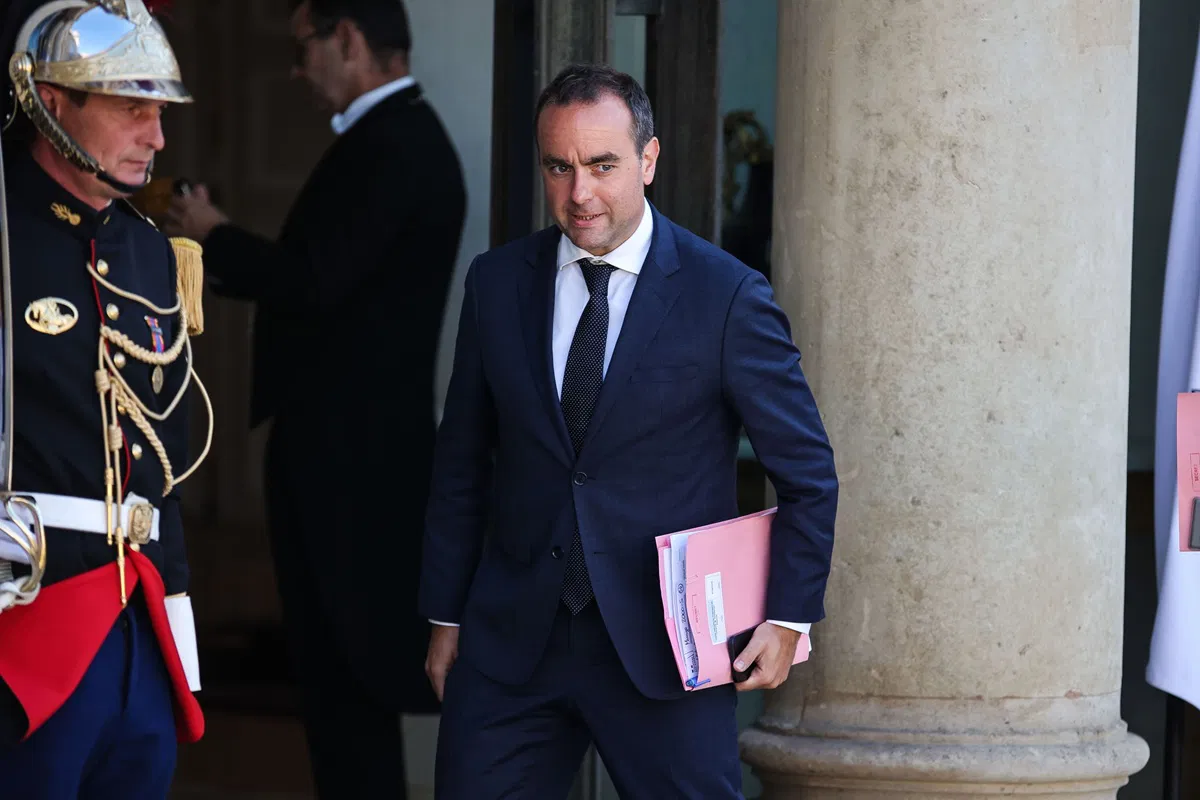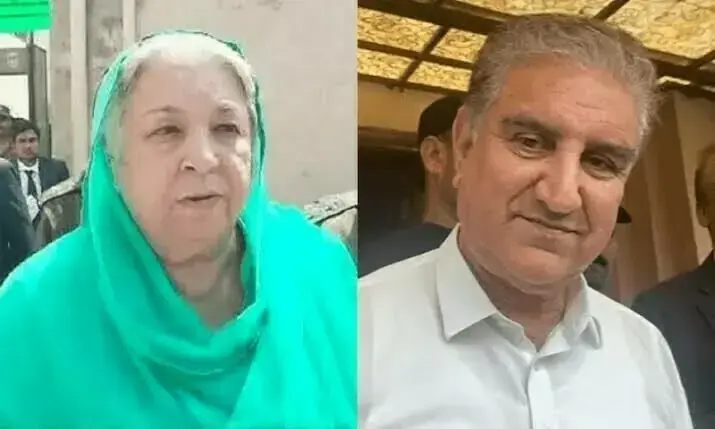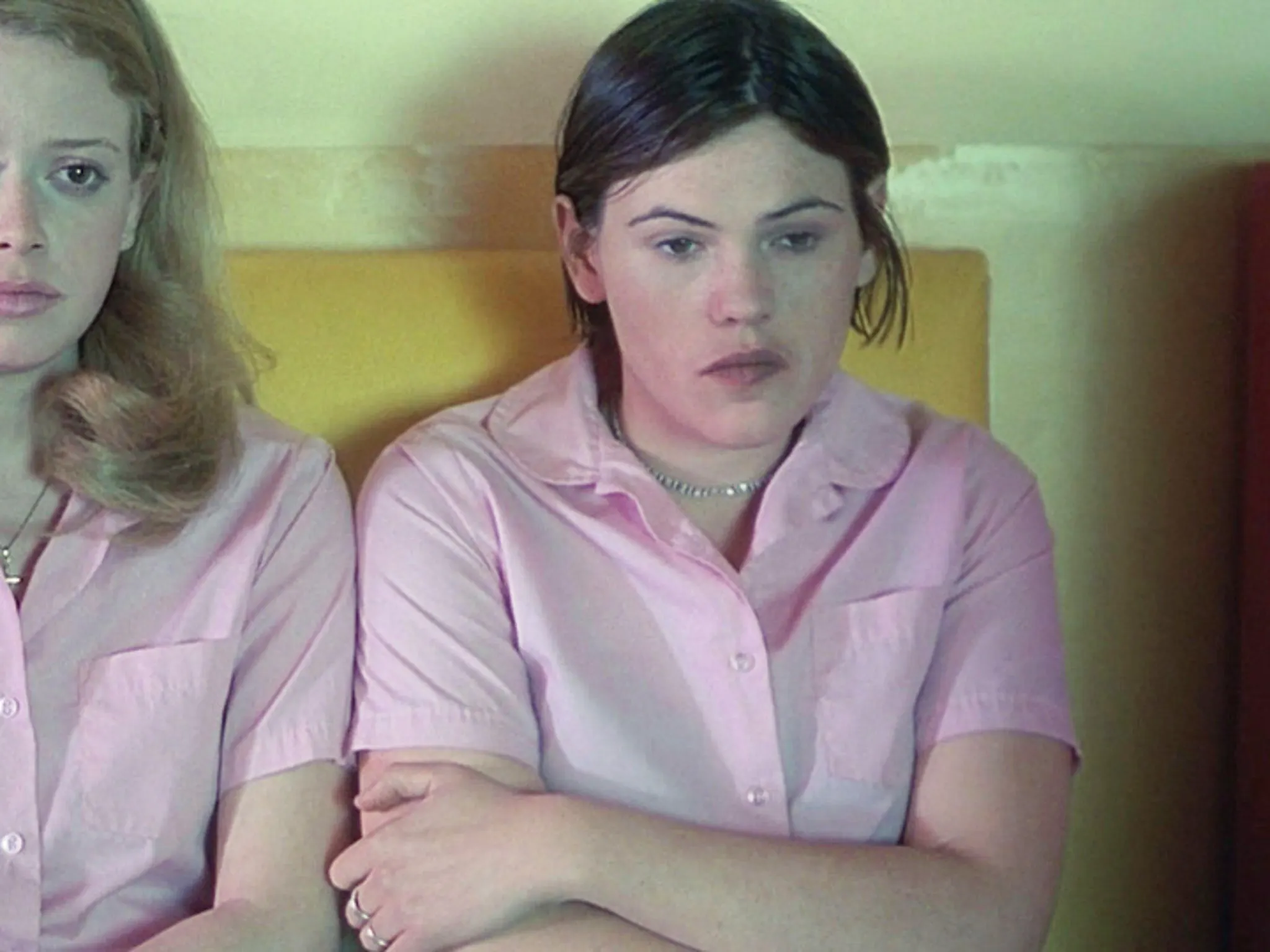By Farah Mokrani
Copyright euroweeklynews

France has a new face at the head of government. President Emmanuel Macron has appointed Sébastien Lecornu, 39, the former defence minister, as the country’s new prime minister, following the resignation of François Bayrou after a crushing defeat in a vote of confidence.
A close ally steps up
The Élysée confirmed the appointment on Tuesday, stressing that Lecornu will be tasked with opening dialogue with political forces in Parliament and working towards securing support for the national budget and other key decisions expected in the coming months.
The choice is no surprise to those familiar with Macron’s inner circle. Lecornu has long been seen as one of the president’s most trusted allies. Reports suggest that Macron had already considered him for the role last December, but at the time opted to keep him in charge of the Defence Ministry.
Bayrou’s resignation clears the way
The move follows the resignation of centrist leader François Bayrou, who stepped down after losing a confidence vote by a wide margin on Monday, september 8. His departure created a political vacuum at Matignon, the official residence of the French prime minister, and gave Macron the opening to place Lecornu at the helm.
Bayrou’s loss highlights the difficulties Macron has faced in maintaining stability within a divided Parliament, where pushing through reforms has often required delicate negotiations and compromise.
A challenging road ahead
Lecornu now faces the immediate challenge of building cross-party support in a fragmented National Assembly. Securing approval for the upcoming budget will be his first real test, and success will depend on his ability to strike deals with opposition forces wary of Macron’s reform agenda.
Observers say his appointment signals Macron’s determination to keep control in the hands of loyalists as he seeks to navigate a turbulent political landscape in the final years of his presidency.
For Lecornu, the promotion marks the peak of a rapid rise. At just 39, he now steps into one of Europe’s most scrutinised political roles — one that will demand both negotiation skills and resilience in the months ahead.
Stay tuned with Euro Weekly News for more news from France



